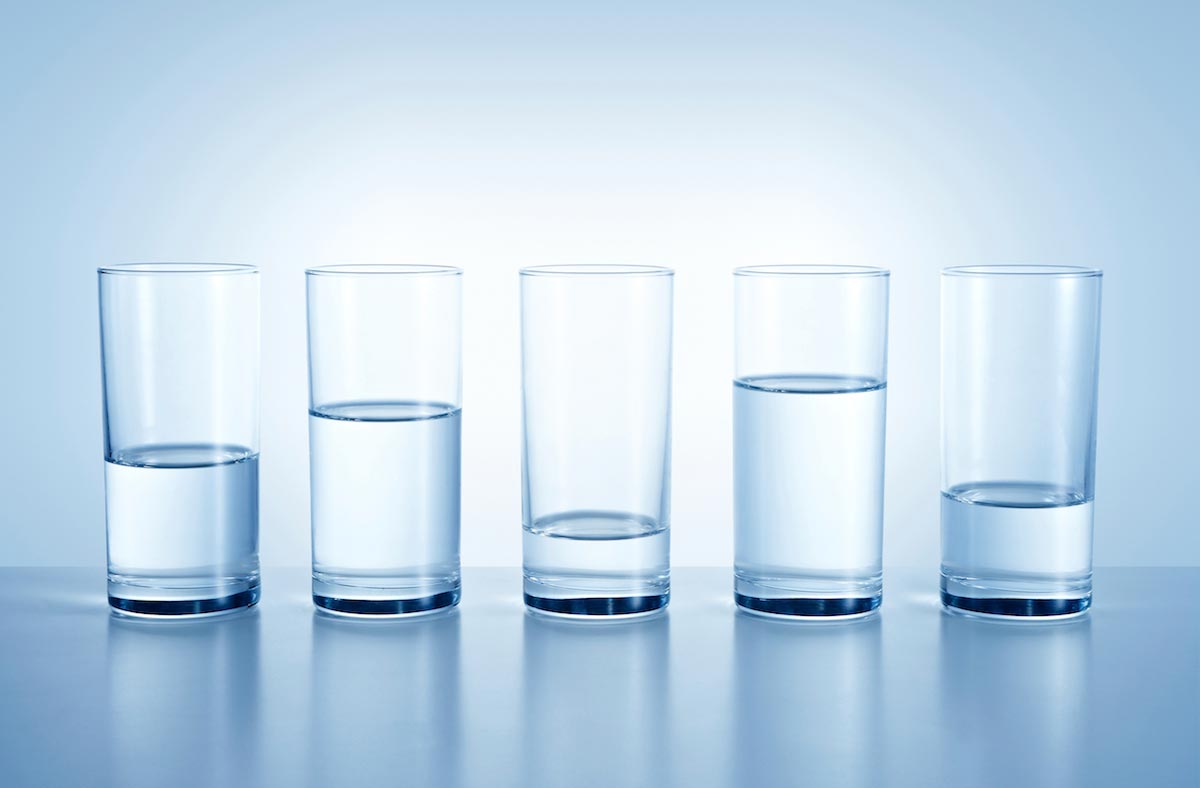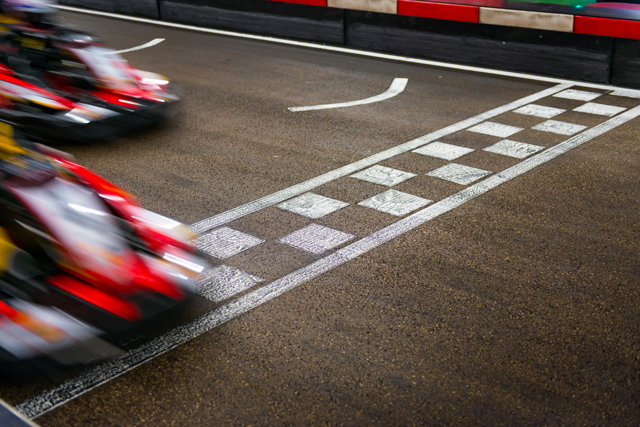Why daytime napping is good for your brain
12/21/2018 / By Ellaine Castillo

It’s hard to resist the call of a good nap. Despite the stigma that surrounds napping in the workplace and school, researchers from the University of Bristol in the U.K. found that daytime napping improves brain function by helping it process unconscious information better.
Countless studies have shown that seven to eight hours of sleep has significant benefits on cognitive function. Unfortunately, the majority of people around the world only sleep for approximately 6.3 hours per night. This can cause the brain and body to work below their optimum levels. Although napping can’t fully compensate for insufficient sleep, it has been found to help to some extent.
The study, entitled, “Nap?Mediated Benefit to Implicit Information Processing Across Age Using an Affective Priming Paradigm,” which was recently published in the Journal of Sleep Research looked at how daytime napping improves domains of cognitive function associated with processing unconscious information. Researchers were able to see this potential relationship by observing 16 healthy participants who performed masked and control tasks, which involved unconscious and conscious information processing, respectively. After practicing both tasks, one group took a 90-minute nap while the other group stayed up until they were made to perform the tasks once again.
Results showed that the group that was given a chance to nap processed the masked task better than when they first performed the task prior to napping. On the contrary, no significant improvements were observed for the processing speed of the control task for either group nor for the masked task for the group that stayed awake throughout the study.
“The findings are remarkable in that they can occur in the absence of initial intentional, conscious awareness, by processing of implicitly presented cues beneath participants’ conscious awareness,” said Elizabeth Coulthard, one of the authors of the study from the University of Bristol Medical School: Translational Health Sciences.
Overall, this study proves just how important naps are to achieving optimum brain function. (Related: Replace your afternoon caffeine boost with a nap: Research shows it works just as well to improve cognitive function without the side effects.)
Other health benefits of daytime napping
Here are some other reasons why you should enjoy every second of your nap:
- Napping boosts the immune system — Sleep deprivation interferes with different neuroendocrine and immune functions by stimulating the production of inflammatory molecules and stress hormones. But don’t worry, taking a 30-minute nap has been shown to return their levels back to normal.
- Napping improves alertness — When it comes to improving alertness, studies have shown that shorter naps are better compared to longer ones. Studies have shown that the optimum nap length for this purpose is 10 minutes. Meanwhile, a 30-minute nap, which is great for helping with sleepiness and fatigue, can lead to a period of impaired alertness. You can even take some coffee before taking a nap to give caffeine time to kick in.
- Napping enhances physical stamina — A previous study published in the Journal of Sports Sciences shows that people who took a 30-minute nap had better sprint times than before they took a nap.
- Napping helps reduce cravings — Lack of sleep can cause you to eat more. Fortunately, you can avoid these cravings by taking a mid-afternoon nap.
- Napping boosts mood — When people are stressed, they often become cranky and moody. To avoid this, give yourself some time to nap. This will help you feel relaxed and refreshed throughout the day.
For more articles about the health benefits of napping, visit MindBodyScience.news.
Sources include:
Tagged Under: brain activity, brain health, brain research, cognitive functions, mental performance, mind body science, napping, naps, unconscious information




















